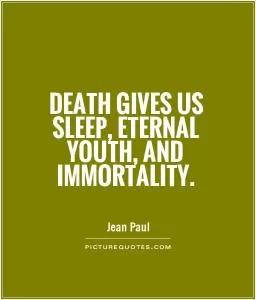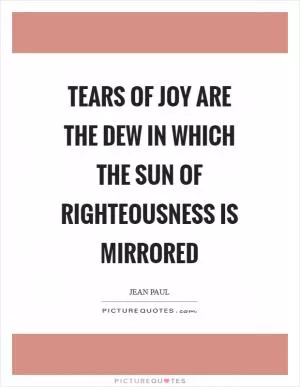The darkness of death is like the evening twilight; it makes all objects appear more lovely to the dying

The darkness of death is like the evening twilight; it makes all objects appear more lovely to the dying
Jean Paul, the German Romantic writer, was known for his deep and introspective exploration of life, death, and the human experience. In his works, he often delved into the themes of mortality and the afterlife, pondering the mysteries of existence and the nature of the soul. One of his most famous quotes, "The darkness of death is like the evening twilight; it makes all objects appear more lovely to the dying," encapsulates his profound understanding of the transformative power of death.For Jean Paul, death was not simply the end of life, but a transition to a new state of being. He believed that in the moments before death, when the darkness of the unknown envelops the dying, a sense of peace and beauty descends upon them. In this twilight of existence, the veil between the physical world and the spiritual realm is lifted, allowing the dying to see the world in a new light.
In the darkness of death, all objects appear more lovely to the dying because they are no longer bound by the limitations of the physical world. The beauty of the world is revealed in its true essence, stripped of the distractions and illusions that cloud our perception in life. In this moment of clarity, the dying are able to see the world as it truly is, in all its splendor and wonder.
Jean Paul's words remind us that death is not something to be feared, but embraced as a natural part of the cycle of life. Just as the evening twilight heralds the coming of night, death is a necessary step in the journey of the soul. It is a time of reflection, transformation, and ultimately, rebirth.












 Friendship Quotes
Friendship Quotes Love Quotes
Love Quotes Life Quotes
Life Quotes Funny Quotes
Funny Quotes Motivational Quotes
Motivational Quotes Inspirational Quotes
Inspirational Quotes